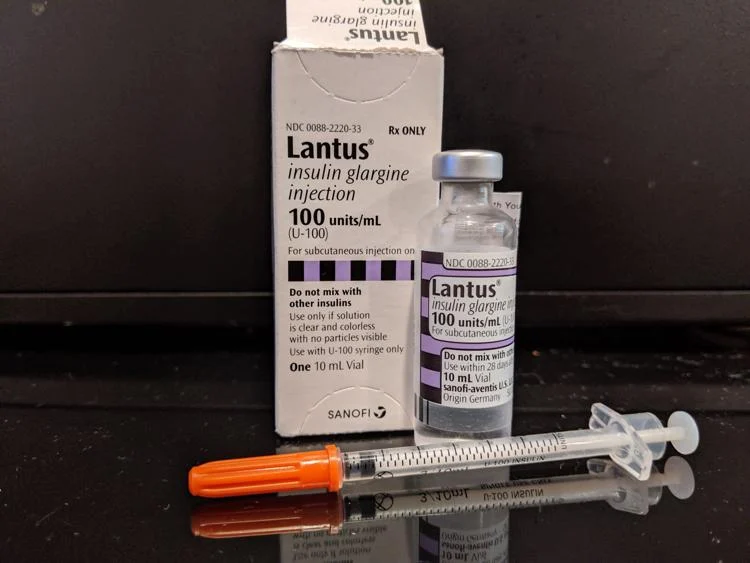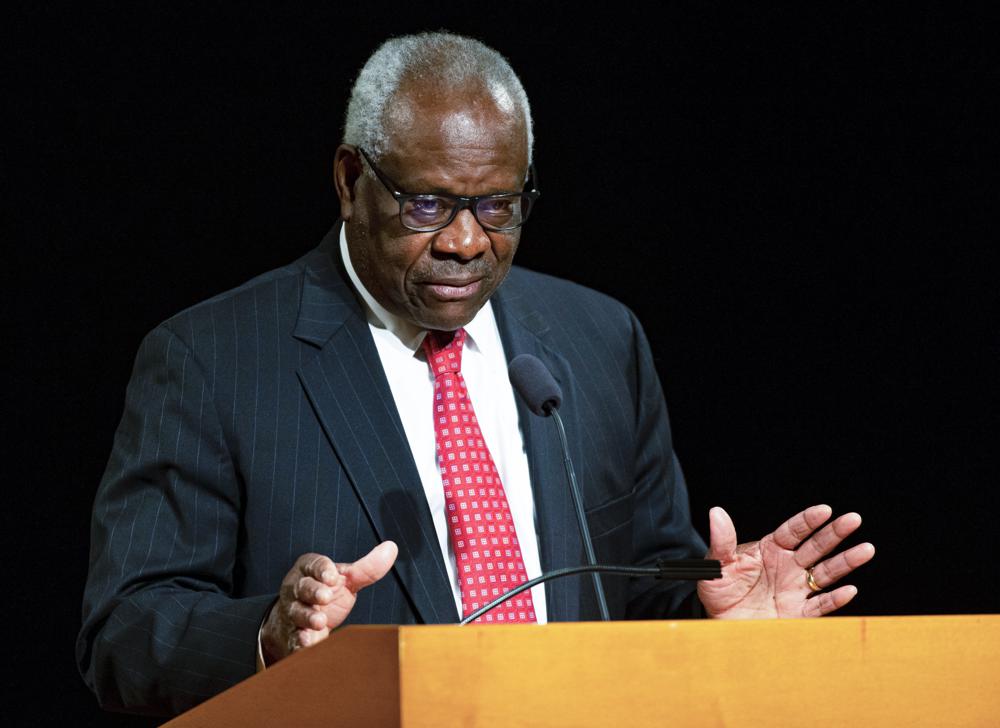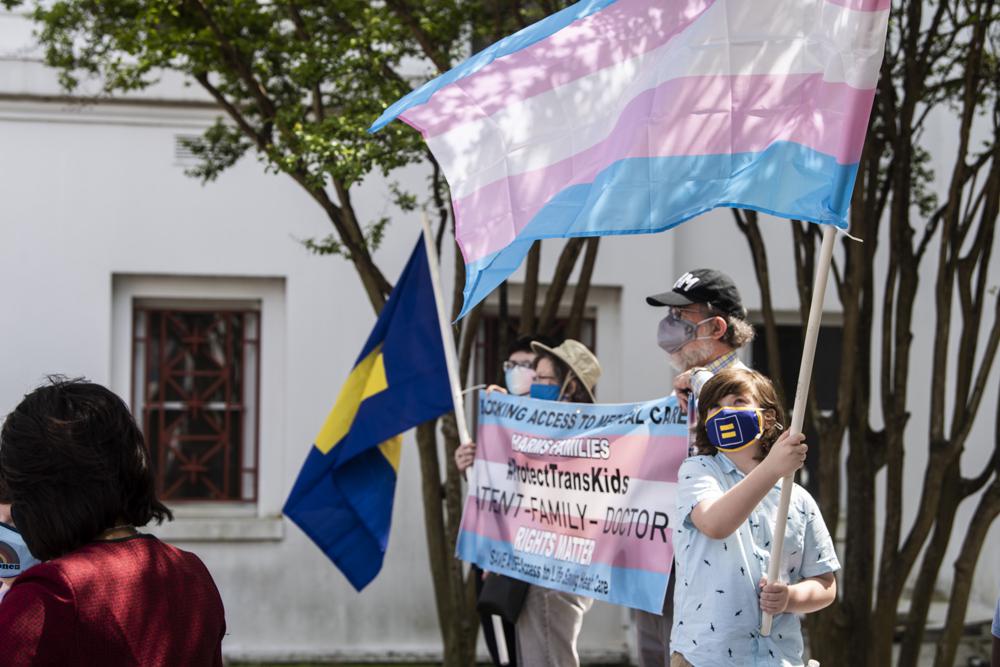Paul DeMarco: Alabama lawmakers side with liberal interest group over state public safety officials

Some lawmakers in the Alabama Legislature are again showing that their “law and order” campaign promises do not necessarily match their actions in the state capitol. This past week a bill being pushed by Alabama Appleseed that would weaken the state’s ability to suspend driver’s licenses for those who do not pay their traffic tickets passed the Alabama House Judiciary Committee. The Alabama Senate has already passed a version of this bill. The bill raised strong opposition from the office of Alabama Attorney General Steve Marshall and the Alabama Law Enforcement Agency. The concern is if this bill becomes law, it will take away a punishment to deter those that break the law from being held accountable for traffic violations and associated fines. Further, law enforcement argues that there are already ample safeguards in place that indigent offenders can take advantage of, such as requesting a payment plan for their fines. Despite efforts to convince lawmakers this legislation was not in the best interest of public safety, a version of this bill passed the full Senate and the House Judiciary Committee. Notably, the State of Alabama is in active litigation against the Southern Poverty Law Center (SPLC), which has tried, and failed, to have Alabama’s current law on driver’s license suspensions struck down. Thus, both Alabama House and Senate members have voted to help the SPLC in their efforts to dismantle the State’s hard-earned victory in court to pass legislation that public safety officials were fighting. Hopefully, this bill will die in the few remaining days of the Alabama Legislative session, but shame on Alabama legislators–particularly Republicans–for either not doing their homework or for putting the interests of a liberal advocacy group above public safety. Paul DeMarco is a former member of the Alabama House of Representatives.
Eric D. Hargan: $35 insulin? Why didn’t we think of that?

As we move through National Kidney Month, we should keep focused on one of the worst kidney diseases out there: diabetes. Millions of American diabetic patients require regular treatment with insulin, and the prices for many types of insulin can be quite high. In response, President Joe Biden announced in his State of the Union speech that he would be working on capping the price of insulin at $35 per month for everyone. Those of you in the field may have been jolted by this choice of pricing, because the Trump Administration set that exact same dollar amount, $35, on insulin for Medicare patients under a Part D voluntary model in 2020. Now, that was not the only attempt in 2020 to lower insulin costs. Community health centers were also required to provide insulin at near cost to their patients. This requirement on community health centers was overturned by the Biden Administration less than six months ago, and now community health centers are under no such requirement. So, the Administration seems to be going one step forward, one step back on this issue of lowering insulin costs for patients. The details are, naturally, lacking on what exactly President Biden meant by this national price cap on insulin. In this light, it is worth noting that President Biden seems to be following a proposal by Senator Raphael Warnock, which would fix the price of insulin at $35 nationwide, including by private insurers. This legislative proposal is just one of many out now discussing setting fixed prices. Indeed, setting fixed prices on goods seems to be in the air, as it was during the last period of painfully high inflation, the 1970s. When prices are rising quickly, as now for the first time in decades, people instinctively wish for prices to return to stability and think maybe the solution is just to pass a law fixing prices by force. But in debating the issues on insulin pricing, what is often little understood is that there are different kinds of insulin and that these kinds of insulin have wildly different costs. Certain insulins have been engineered to have significant advantages over others and are often much higher-priced. Much effort and ingenuity have been put into developing these new varieties of insulin, and all that effort has come at a cost. In addition, fixing insulin prices nationally may undermine the current system of private negotiations and the progress towards more and better generics. And will the $35 solution offered be the oldest and cheapest, and not necessarily the best, insulin? Now, everyone wants diabetes patients to have access to useful insulin to help them live longer, healthier lives. There is no “anti-access” lobby trying to prevent patients from obtaining medicine. The question is, as it usually is: How? How best to obtain and keep access to ever-better medical goods and services? Is fixing prices for goods nationally the best way to do so? Or, on the contrary, will this action slow continuing research and development into medical solutions in this area? If fixing prices is likely to slow or stop progress in this area, are we so satisfied with the current state of the insulins we have that we have agreed not to progress, and that the diabetic patients needing insulin now have the best solution they ever will? Anyone looking to balance current needs with future ones needs to balance access now with access tomorrow. We do need to use the technologies we currently have to help our citizens. Otherwise, why have them? But at the same time, we must realize that the tools we have now are not perfect, and we can do better. That realization must drive us to make sure that our system continues to drive towards better solutions, including ever-better technologies. While the cost of drugs is high, the cost of fixing the price of drugs may be higher still. Eric D. Hargan ( @EricDHargan ) founded the Hargan Group and was the deputy secretary of the Department of Health and Human Services after serving as acting secretary. Republished with the permission of The Center Square.
Justice Clarence Thomas hospitalized with infection, high court says

Justice Clarence Thomas has been hospitalized because of an infection, the Supreme Court said Sunday. Thomas, 73, has been at Sibley Memorial Hospital in Washington, D.C., since Friday after experiencing “flu-like symptoms,” the court said in a statement. The court offered no explanation for why it waited two days to disclose that the justice was in the hospital. It also provided no additional details about the infection but said Thomas is being treated with antibiotics and his symptoms are abating. He could be released in the next couple of days, the court said. The Supreme Court is meeting this week to hear arguments in four cases. Thomas plans to participate in the cases even if he misses the arguments, the court said. Thomas has been on the court since 1991. News of his hospitalization came as the Senate Judiciary Committee prepared to begin hearings Monday in the nomination of Ketanji Brown Jackson, who President Joe Biden named to replace Stephen Breyer. He is retiring at the end of the session. Republished with the permission of the Associated Press.
Trans people say Alabama license policy puts them at risk

Federal judges this week heard arguments in a challenge to Alabama’s policy requiring a transgender person to undergo full gender reassignment surgery to change the sex listed on their driver’s license. Gabriel Arkles, senior counsel at Transgender Legal Defense and Education Fund, told judges with the 11th U.S. Circuit Court of Appeals that Alabama is one of only a few states in the nation that require transgender residents to undergo genital surgery, “as a condition of getting a license that they can safely use — that is a license with a sex designation that accords with their identity and how they are known and perceived in their community.” Three transgender women in Alabama challenged the policy after being told their licenses must reflect they are men. U.S. District Judge Myron Thompson last year ruled that the policy is unconstitutional. The judge directed the state to give the plaintiffs new licenses “reflecting that they are women.” The state appealed, and attorneys said the state indicated it will rescind the licenses if the ruling is reversed. A three-judge panel of the 11th U.S. Circuit Court of Appeals heard the arguments Tuesday. People need identification to navigate daily life, Arkles said. Being forced to carry cards that don’t match their identity puts trans individuals at risk for discrimination, harassment, or even physical danger, groups representing the women said. “I know who I am. Transgender people know who we are; that’s not the issue,” Destiny Clark, a health care worker from Birmingham and one of the women who challenged the Alabama policy, said in a statement. “The issue is getting the state to recognize our existence and just let us live without intruding into our private medical records.” An attorney for the state argued the policy is not discriminatory because it gives a path for transgender individuals to change their gender marker. “These are law enforcement identification documents. That is why they have identifying information on them, including date of birth, height, weight, hair color, eye color, someone’s signature, and someone’s sex,” Edmund LaCour told the judicial panel during arguments. A ruling is not expected for several months. Republished with the permission of the Associated Press.
Tourism groups aim for more diversity, inclusion in planning

Tourism leaders from across the Southeast are expected to gather in an Atlanta suburb this month to explore more ways of incorporating diversity, equity, and inclusion into their travel planning. State tourism officials and groups from Georgia, Alabama, Louisiana, Mississippi, and Virginia are among those expected to attend the 2022 Travel Unity Summit Southeast Tuesday through Friday in Brookhaven, Georgia. The aim is to provide welcoming experiences for all visitors. Organizers say it’s one of the first events of its kind and represents growing initiatives in the United States. The summit will focus on ways of helping marketers, members of the travel industry, and economic development professionals incorporate diversity, equity, and inclusion into the strategic planning or their organizations. Explore Brookhaven expects about 200 people to attend the four days of leadership training and discussion around embracing diversity to expand tourism. Summit topics will include how to understand, identify and connect with diverse travelers, fostering welcoming communities, and attracting diverse events. “We are excited to host the 2022 Travel Unity Summit and help the tourism industry build towards a responsible future,” Renee Areng, executive director of Explore Brookhaven, said in announcing the event. “The City of Brookhaven is very welcoming and believes everyone belongs here which makes Brookhaven the perfect backdrop for this year’s discussion on embracing community diversity to expand tourism.” Among the organizations involved are the Southeast Tourism Society; the Georgia Association of Convention and Visitors Bureaus; the Georgia Department of Economic Development; the Alabama Tourism Department; the Louisiana Association of Convention and Visitors Bureaus; the Louisiana Travel Association; and the Mississippi Tourism Association. Among those presenting and sharing best practices are leaders from Explore Brookhaven; the City of Atlanta; the Gilmer County Chamber of Commerce in Ellijay, Georgia; Visit Henry County, Georgia. Representatives of convention and visitors bureaus from around the region are also expected to attend. Republished with the permission of the Associated Press.


